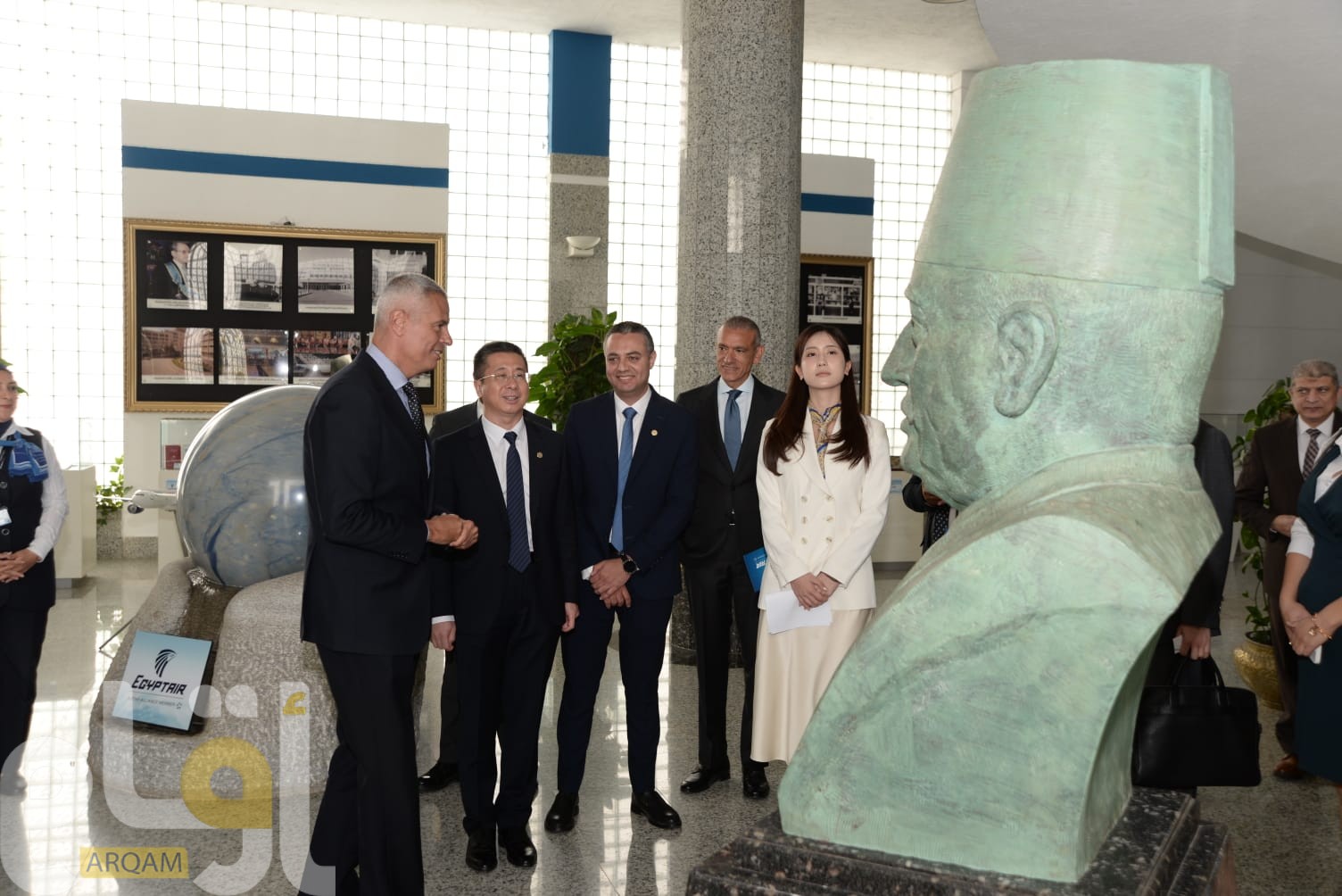The Egyptian Biodynamic Association (EBDA), in collaboration with the Economy of Love (EoL) standard and Heliopolis University for Sustainable Development, hosted the third edition of the forum titled “The Impact of the Economy of Love on Community Development in Egypt” at the university’s campus. The event was attended by a distinguished group of government officials, policymakers, environmental experts, and academics, and aimed to shed light on the successful Economy of Love model and its role in enhancing individuals’ livelihoods from a social perspective through the transition to organic agriculture.
The forum witnessed high-level participation from government representatives, including H.E. Dr. Yasmine Fouad, Minister of Environment; H.E. Dr. Khaled Abdel Halim, Governor of Qena; Eng. Amr Lashin, Deputy Governor of Aswan; Dr. Gaber El Kalhy, Undersecretary of the Ministry of Agriculture in Luxor; Eng. Khaled Kassem, Undersecretary of the Ministry of Agriculture in Damietta; and Major General Hisham Ahmed Abu Zeid Abdellah, Assistant Secretary General of Luxor Governorate.
Panel discussions explored the potential for scaling up organic agriculture across Egypt and the role of carbon financing in supporting farmers as a tool to drive community development. The forum also celebrated the achievements of the “Climate Heroes”, farmers from governorates including Damietta, Minya, Qena, Luxor, and Aswan, who demonstrated exceptional commitment to carbon sequestration practices and the sustainable methods of biodynamic agriculture in line with Economy of Love standards.
During his speech at the forum, Mr. Helmy Abouleish, CEO of SEKEM Holding and Chairman of the Board of Trustees at Heliopolis University for Sustainable Development, stated:
“We aspire to transform the lives of seven million farmers in Egypt through organic agriculture — a journey that began with only 400 farmers in 2022. Today, thanks to continuous scientific support and capacity-building efforts, over 30,000 farmers have successfully adopted biodynamic practices and obtained carbon credits. At SEKEM, we believe that sustainability is not merely an environmental goal, but a holistic vision where ecology, economy, culture, and social well-being converge. Through carbon credits and the Economy of Love, we place practical tools in the hands of farmers to improve their income, make a positive environmental impact, and build a more sustainable future for rural communities.”
The sessions further discussed the economic and social impact of carbon credits on farmers’ quality of life and concluded with an inspiring success story from Damietta Governorate. Farmer Mohamed El Seddik shared his personal journey transitioning from conventional farming to embracing the principles of the Economy of Love.
This forum marked the third in a series of events held throughout 2025 to honor the “Climate Heroes” farmers across several governorates, as part of EBDA’s ongoing efforts to scale up the transformation toward sustainable agriculture in Egypt.















